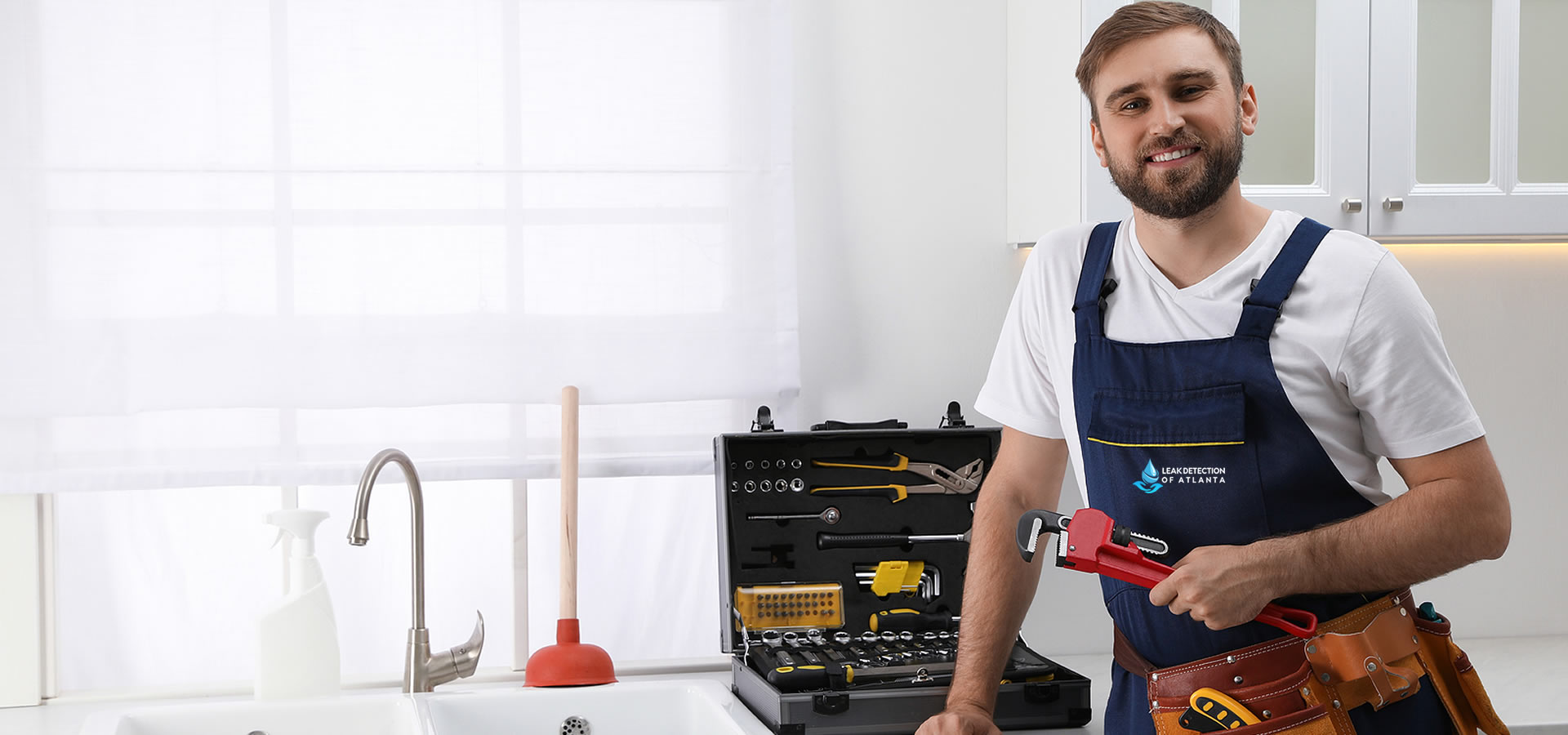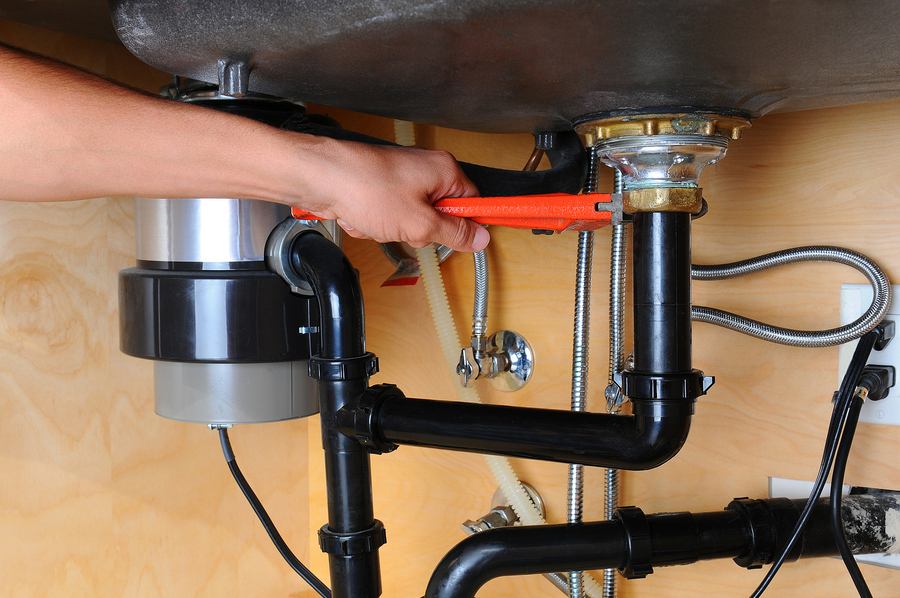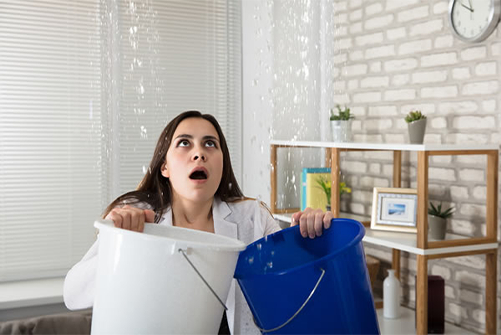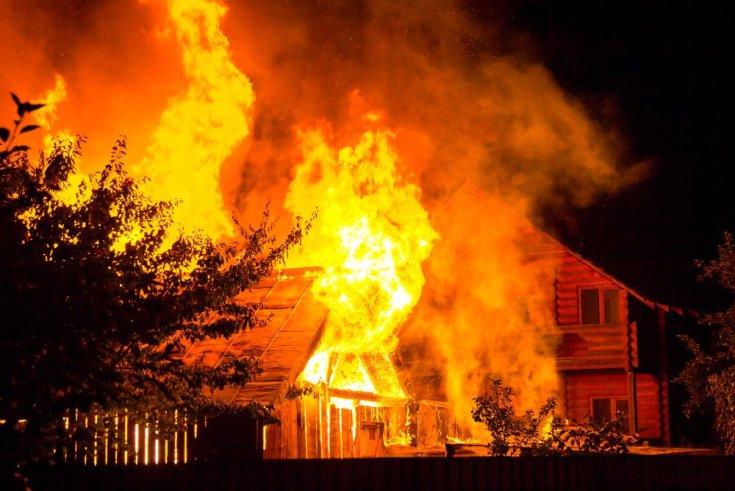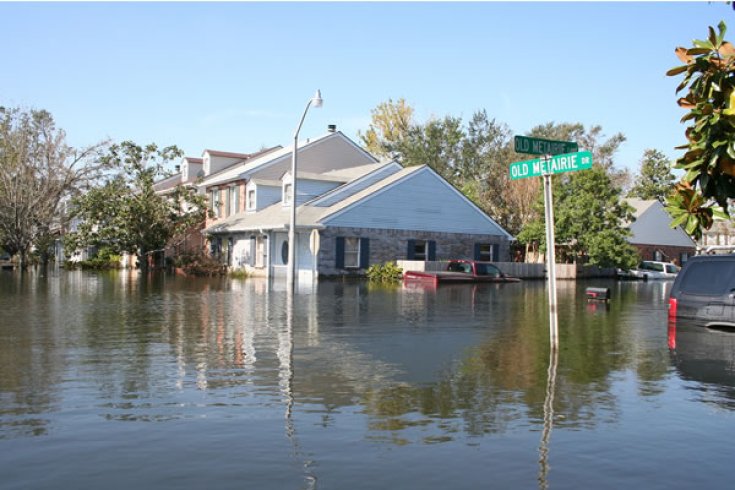How to Unclog a Garbage Disposal With Standing Water
An overloaded garbage disposal can be an infuriating disruption in any kitchen, particularly if it leads to standing water that refuses to drain away. Not only does it stop your activities in the kitchen from progressing as planned, but it may also invite unpleasant odors and create potential plumbing disasters. Before calling a plumbing service, however, there are steps you can take yourself. With patience and the appropriate techniques, you can clear the clog yourself. Should the issue persist, Leak Detection of Atlanta may need to intervene for proper handling and efficient servicing.
Step One: Safety First
When dealing with any garbage disposal issue, your priority must always be safety. Only put hands or objects inside it after turning off and unplugging or turning off its circuit breaker before beginning repair work. Above all else, when dealing with the repair of garbage disposal systems, safety is prioritized over all other concerns.
Step Two: Evacuate Sink
To start clearing away standing water in your sink, drain as much of it away as possible using cups or small pots to bail it into a bucket; alternatively, a wet-dry vacuum might be handy. Once the water is clear, you can more readily and safely access and see your garbage disposal.
Step 3: Check for Obvious Blockages
Sometimes, clogs may be visible. Turn off the power and use a flashlight to look down the drain to examine any obstructions. Once found, use pliers or tongs to dislodge it. Never attempt this using your hands, even with the power off, as blades may cause serious injury!
Step 4: Use a Plunger
If the blockage is invisible, try using a plunger. Ensure the seal around it is tight before using forceful up-and-down motions and forceful plunges against any debris blocking your drain. It may take multiple attempts before water starts draining freely again, but when this occurs, chances are good you have successfully dislodged any clog.
Step 5: Use an Allen Wrench
Garbage disposals come equipped with an Allen (hexagonal) wrench, which fits snugly into its hole at the base. If standing water has been cleared away, but your disposal still won't drain properly, manually turn its blades while inserting an allen wrench in its hole to help unclog any materials that might have become stuck inside it. This may help loosen anything stuck down inside.
Step 6: Explore Home-Made Solutions
For minor clogs, homemade solutions with vinegar and baking soda may prove effective. Pour half a cup of baking soda followed by equal parts white or apple cider vinegar into your drain to start fizzing; let it work its magic for several minutes before flushing hot water down afterward to see if clogging has cleared itself - an eco-friendly method, which avoids harsh chemicals!
Step 7: Resetting Your Garbage Disposal
To reset a garbage disposal unit, look for its reset button - usually red and located near its base - and press it once or twice to solve overheating or nonworking issues. However, if the unit continues to hum without running normally (a sign it could still be jammed), manual blade turning might still be required before proceeding further with this step or moving on to Step 8.
Step 8: Clear the P-Trap
If none of the previous steps have worked, the clog may lie within the P-trap beneath your sink. Place a bucket below it to catch any liquid or debris that escapes; loosen any connections holding the trap in place and un-attach it from its location to examine its inner workings for any obstructions; clear out debris as needed and reattach your P-Trap when finished.
Step 9: Contact an Emergency Plumber
If all these attempts to unclog the disposal fail, calling an emergency plumber could be beneficial. They possess all of the tools and expertise required for complex garbage disposal repairs without risking further system damage to your system. It may also be wiser if any of these steps seem daunting as soon as you try them - contact one directly!
Step 10: Prevent Future Clogs
To avoid future clogs, always run cold water when grinding food waste, and avoid disposing of fibrous materials like celery stalks, cornhusks, or banana peels into your disposal bin. Also, regularly cleaning your disposal by grinding ice cubes or citrus peels will help remove build-up from drains and freshen them.
When to Contact an Emergency Plumber For Garbage Disposal Repair
There are certain circumstances when calling an emergency plumber immediately for repair of a garbage disposal:
Water can leak from any connection pipes to the disposal, leading to serious water damage, leaving significant quantities that won't drain, and possibly flooding. Any time there is smoke present that indicates a potential motor malfunction.
If the garbage disposal produces no audible noise when turned on, this suggests electrical problems.
Leak Detection of Atlanta
Unclogging garbage disposal with standing water can be accomplished easily and successfully on your own with a careful and methodical approach. Most clogs should be cleared using these steps; if needed, call an emergency plumber from Leak Detection of Atlanta. Maintenance can help avoid future emergencies that require emergency repair of garbage disposal units, saving both time and inconvenience in repairs down the line.

